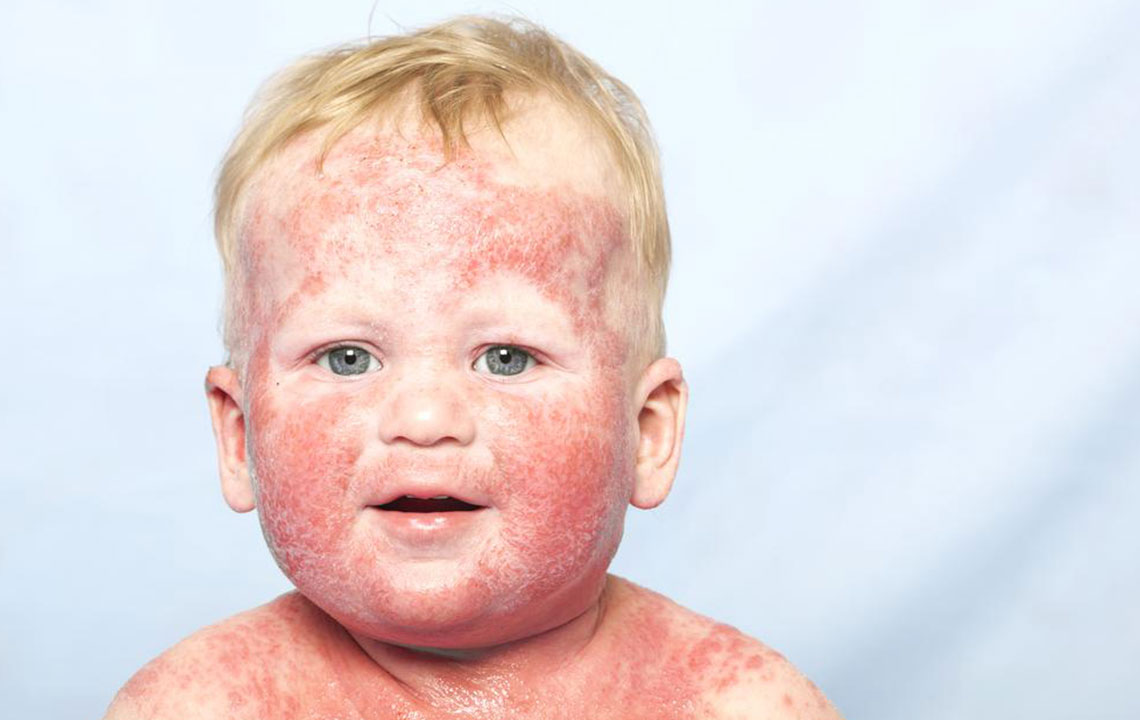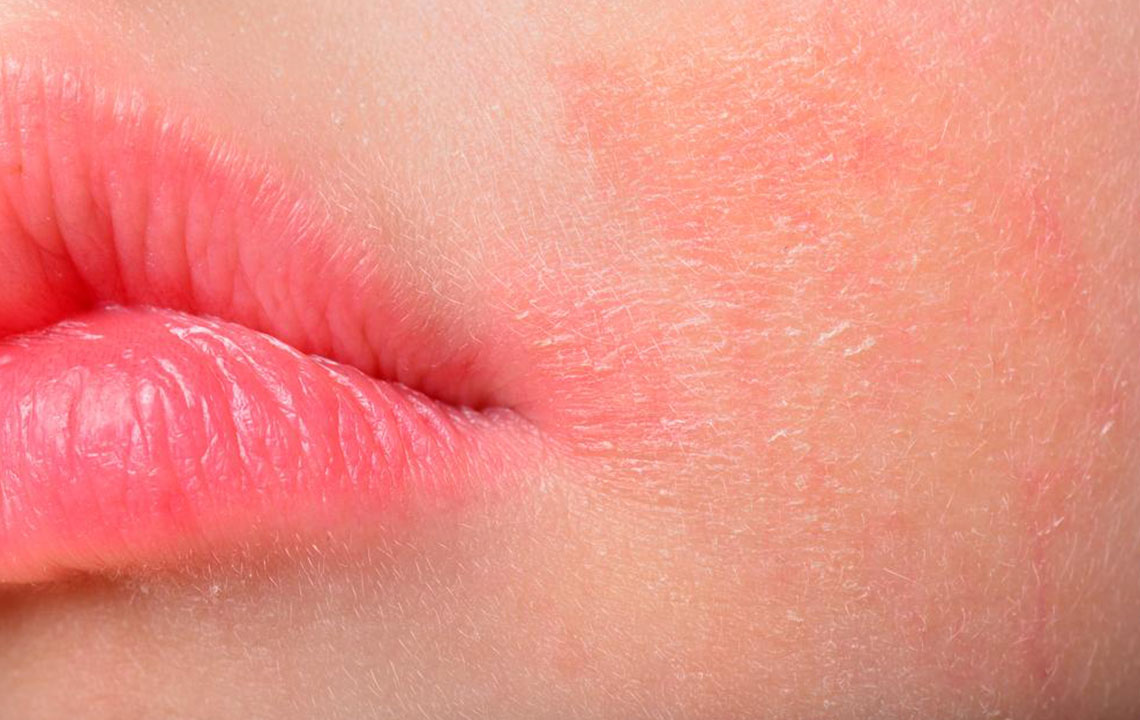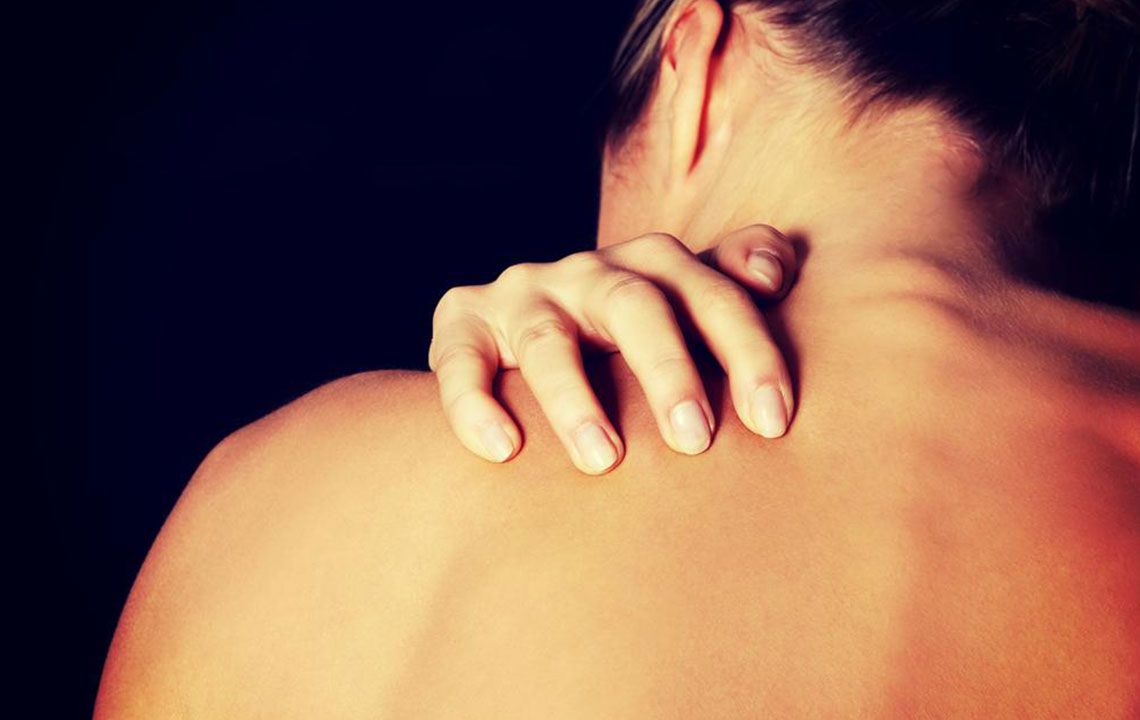Top 7 Natural Remedies for Managing Atopic Dermatitis
Discover seven effective natural strategies to soothe atopic dermatitis symptoms. From gentle baths and light oils to dietary adjustments and protective clothing, these home remedies help reduce irritation and improve skin health. Always consult a dermatologist for personalized treatment, and incorporate these natural tips to complement medical advice for managing eczema effectively.

Top 7 Natural Remedies for Managing Atopic Dermatitis
Atopic dermatitis, also known as eczema, is a common inflammatory skin condition primarily affecting infants and young children. Its exact cause remains unknown, but factors like genetics, a weakened immune system, and environmental influences can contribute. While mostly seen in children, adults can also develop this condition, especially those living in urban areas or dry climates. It is non-contagious and does not spread through skin contact.
One hallmark of atopic dermatitis is the skin’s inability to retain moisture, leading to dryness and intense itching. This cycle can worsen the skin's condition, resulting in rashes, oozing sores, and crusts. Rashes typically appear on behind the knees, elbows, face, neck, scalp, and in infants, in diaper areas.
Consulting a dermatologist is essential for effective management of symptoms. In addition to prescribed treatments, these natural remedies can help soothe irritated skin at home:
Calamine lotion application: Containing zinc oxide, calamine lotion relieves itching and irritation. Apply a thin layer to affected areas twice daily, avoiding pore blockage, though it may leave a pink tint on the skin.
Prevent scratching: Scratching worsens the condition. Keep nails trimmed and filed to prevent injury. Wearing gloves or mittens during sleep can help reduce accidental scratching and skin trauma.
Warm soothing baths: Soaking in warm baths with baking soda, colloidal oatmeal, or Dead Sea salts reduces dryness and calms the skin. Follow up with a moisturizer while the skin is still damp to lock in moisture.
Careful with new clothing: New clothes may contain irritating chemicals like formaldehyde. Wash all new garments thoroughly before wearing, and prefer breathable, natural fabrics that absorb sweat well.
Natural skin oils: Applying light, soothing oils such as evening primrose, blackcurrant seed, or borage oil can alleviate itching. Use sparingly and wash off if irritation persists.
Diet considerations: Incorporate probiotics, omega-3 fatty acids, and vitamins D, E, and B-12 into the diet. Green leafy vegetables, fish, nuts, and yogurt support healthy skin and may reduce flare-ups.
Skin protection: Avoid harsh chemicals like perfumes, hair products, and strong soaps. Use mild, fragrance-free skincare products and broad-spectrum sunscreens. Wearing long-sleeved natural fiber clothes helps shield skin from sun and irritants.
Note: While these natural remedies can aid in managing atopic dermatitis, consulting a healthcare professional remains crucial for tailored treatment. The information provided aims to support skin health but does not replace professional medical advice.










